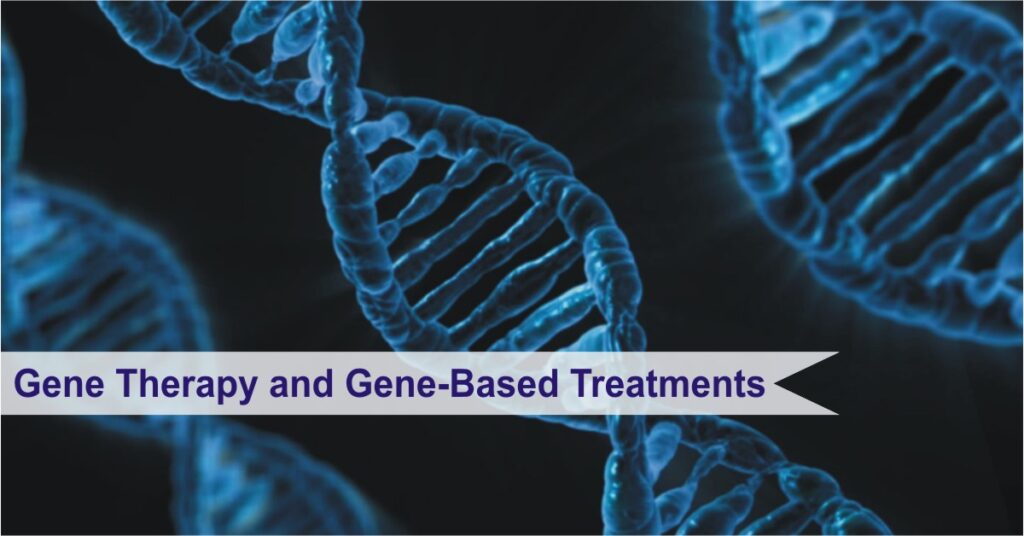Introduction
Depression is a complicated mental health issue that affects millions of people worldwide. While its impact can be irresistible , there are many strategies and ways that people can try to effectively manage and ease depression management. This complete guide explores different approaches to depression management.
Understanding Depression
Depression is characterized by patient feelings of sadness, hopelessness, and a lack of interest or pleasure in normal activities. It’s pivotal to check the signs and symptoms to seek beneficial help. Efficient depression management involves a multi-faceted approach that addresses physical, emotional, and cognitive aspects. Depression is a serious and complex mental health disorder characterized by patient passions of sadness, emptiness, and a lack of interest or pleasure in conditioning that were formerly pleasurable. It goes beyond the normal ups and campo of life and can significantly impact a person’s studies, passions, gests , and overall well- being. Depression can vary in flexibility, from mild to severe, and can affect people of all periods, genders, and backgrounds.
Crucial Features of Depression
- Patient Sadness:
People with depression frequently feel a deep and prolonged sense of sadness that persists for weeks or months. This sadness may not needs be linked to a specific event and can be overwhelming. - Loss of Interest or Pleasure:
Activities that used to bring joy and pleasure may lose their appeal to someone with depression. This can lead to a lack of motivation and a withdrawal from social interactions. - Changes in Appetite and Sleep:
Depression can affect hunger and sleep patterns. Some people may witness changes like excessive eating and oversleeping, while others may have a reduced hunger and difficulty sleeping. - Fatigue and Low Energy:
People with depression frequently feel a deep sense of fatigue and absence of energy, even for simple chores. - Feelings of Worthlessness or Guilt:
Depression can lead to distorted self- perceptions, where people may feel empty, ashamed, or burdened by illogical feelings of responsibility for negative circumstances. - Difficulty Concentrating:
Concentrating on tasks, making opinions, and even carrying on a discussion may become challenging for those undergoing depression. - Physical Symptoms:
In addition to emotional symptoms, depression can expose with physical symptoms similar as headaches, stomachaches, and other unexplained aches and pains. - Thoughts of Death or Suicide:
In severe cases, people with depression might have periodic reflections of death, dying, or even suicidal thoughts. However, it’s important to seek help straightaway, If you or someone you know is suffering these thoughts.
It’s important to note that depression isn’t a sign of weakness or a person’s fault. It’s a medical condition caused by a mixture of genetic, natural, environmental, and psychological factors. It’s also a treatable condition. Professional help, similar as therapy, counseling, and occasionally medication, can significantly reduce the symptoms of depression and help people regain their quality of life.
Depression Management Techniques
Following are the management techniques that can help a person coping with depression:
Professional Help
- Therapy/ Counseling:
- Cognitive- behavioral therapy( CBT), dialectical behavior remedy( DBT), and psychotherapy are proof- based cures that help people reframe negative thought patterns and develop coping strategies.
- Medication:
- Antidepressants, given by psychiatrists, can play a vital part in managing depression. Complete medical supervision is required to find the right drug and dosage.
Lifestyle Changes
- Exercise
Regular physical exercise releases endorphins, the” feel- good” hormones, which can significantly better mood. Incorporate activities you like into your routine. - Nutrition
A balanced diet rich in whole foods, vitamins, and omega- 3 fatty acids supports brain wellness. Incorporate fruits, vegetables, and lean proteins into your food. - Sleep
Prioritize sleep hygiene by keeping up a consistent sleep schedule and creating a comforting bedtime routine. - Stress Reduction
Involve in relaxation ways similar as meditation, deep breathing, and yoga to lower stress situations and promote emotional well- being.
Self-Care and Positive Habits
- Mindfulness and Self-Compassion
Practicing mindfulness allows you to stay present and accept your passions without judgment. Cultivate self- compassion to counteract self- hatred. - Hobbies and Activities
Engage in hobbies you enjoy, as they give a sense of achievement and contribute to appreciative feelings. - Routine
Establishing a daily routine brings positive impact to your life and minimizes feelings of uncertainty.
Support Network
- Social Connections
Reach out to friends, family, or support groups to share your feelings and have emotional support. Social relations play a vital part in depression management. - Professional Support
Trained therapists and counselors give advice, validation, and strategies to assist you navigate challenging emotions.
Holistic Approach
- Positive Thinking
Challenge negative thinking patterns with positive thinking and cognitive restructuring. - Gratitude Practice
Create a gratitude journal to transfer focus from negative sides to the positive rudiments in your life. - Volunteering and Helping Others
Engaging in acts of kindness and reflecting positivity to your community can foster a sense of purpose and fulfillment.
Companies Helping in Depression Management
There are some credible websites that give valuable information for depression management
National Institute of Mental Health( NIMH)
NIMH offers a wealth of information about depression, its symptoms, treatment options, and exploration updates. They give resources for both people seeking help and healthcare professionals.
Mayo Clinic – Depression Treatment and medicines
Mayo Clinic provides comprehensive information about depression treatment options, including remedy, medicine, life changes, and necessary curatives.
Anxiety and Depression Association of America (ADAA)
ADAA offers resources, papers, and tools to help people manage anxiety and depression. They give information about treatment options, self- coping strategies, and providing support.
Mind – For Better Mental Health
Mind is a UK- based mental health organization that provides practical advice and resources for managing depression. They cover matters like personal- care, seeking help, and understanding different treatment options.
Psych Central – Depression
Psych Central offers papers, tools, and resources related to depression, including information on different types of depression, treatment approaches, and depression management strategies.
WebMD – Depression Health Center
WebMD provides a devoted section on depression that covers symptoms, causes, treatment, and management strategies. It also offers particular stories and expert advice.
Depression and Bipolar Support Alliance (DBSA)
DBSA offers resources for people living with depression and bipolar disorder. They give peer support groups, educational journals, and online tools for managing mood conditions.
Talkspace Blog – Depression Section
Talkspace, an online platform, has a blog that covers various mental health issues, including depression. The papers offer meditation tips, and particular stories related to depression operation.
Conclusion
Effective depression management requires a comprehensive and holistic approach that encompasses professional guidance, life changes, personal care, and a robust support network. By incorporating managing strategies, positive habits, and seeking both medical and psychological support, people can embark on a trip towards better emotional well- being. Flash back that everyone’s experience with depression is unique, and everyone has different feelings about it. However, don’t hesitate to reach out for help, if you think you are suffering from any anxiety related issue.
Must Read Articles

